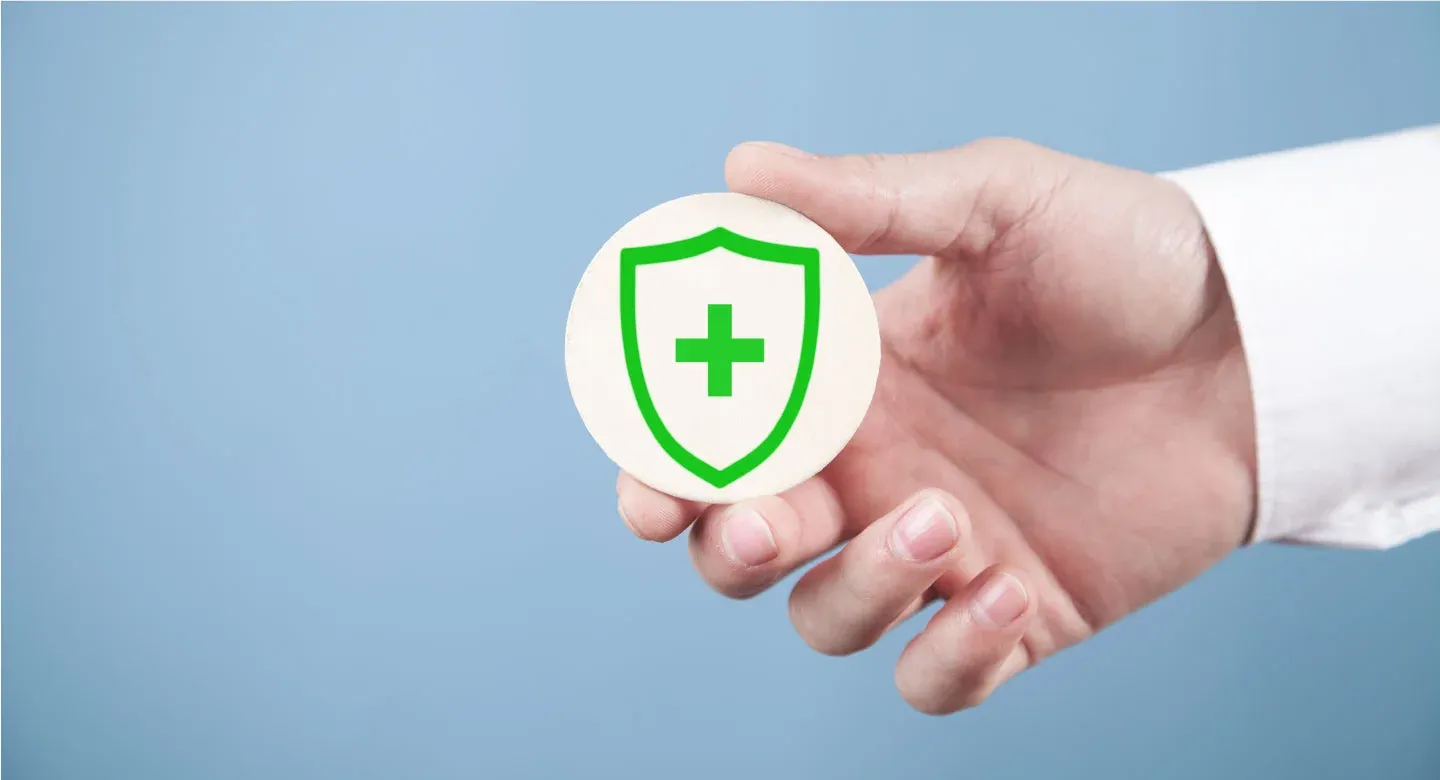Tips to mitigate heat wave effects and how to stay healthy.
Surviving the heat: Understanding the heat waves and staying healthy
As the temperature rises and the sun beats down relentlessly, heat waves pose a significant threat to our health and well-being. Understanding the nature of heat waves and adopting strategies to reduce their effects is essential for protecting our health during extreme heat events. Let's explore what constitutes a heat wave, its impacts on health and practical tips to mitigate its effects and stay healthy.
What is a heat wave?
A heat wave is a prolonged period of excessively hot weather, generally lasting for several days or weeks. It is characterised by temperatures significantly higher than the average for a particular location during a specific time of year. Heat waves are often accompanied by high humidity, increasing the heat-related risks.
Impacts on health
Heat waves pose significant health risks, particularly for vulnerable individuals, including:
Heat exhaustion: Symptoms include heavy sweating, weakness, dizziness, nausea and headaches, resulting from the body's inability to cool down effectively.
Heatstroke: A life-threatening condition characterised by a high body temperature (above 104°F or 40°C), confusion, rapid pulse and loss of consciousness. Heatstroke requires immediate medical attention.
Dehydration: Prolonged exposure to high temperatures can lead to dehydration, which can cause fatigue, muscle cramps and confusion.
Increasing pre-existing health conditions: Heat waves can worsen pre-existing health conditions such as respiratory diseases, cardiovascular disorders and mental health issues.
How can you mitigate the effects of the heatwave?
To mitigate the effects of heat waves and protect your health, consider the following strategies:
Stay hydrated: Drink plenty of water throughout the day, even if you're not feeling thirsty.
Stay cool: Seek out air-conditioned spaces during the hottest parts of the day. If you don't have access to air conditioning, use fans, take cool showers or use wet towels to cool down.
Dress appropriately: Wear lightweight, loose-fitting clothing made of breathable fabrics such as cotton or linen. Avoid dark colors, as they absorb more heat.
Limit outdoor activities: Reduce outdoor activities, especially during the peak heat hours between 10 a.m. and 4 p.m. If you need to be outside, take frequent breaks in the shade.
Create a cool environment: Use shades or curtains to block out direct sunlight and keep windows and doors closed during the hottest part of the day.
Know the signs of heat-related illnesses: Familiarise yourself with the symptoms of heat exhaustion and heatstroke, and seek medical attention immediately if you or someone else shows signs of severe heat-related illness.
Conclusion
Heat waves are a serious threat to public health, but with awareness and proactive measures, we can reduce their impact and stay healthy during extreme heat events. Stay hydrated and cool so that you navigate through the heat waves safely. Remember, your health is your most valuable asset, so take the necessary precautions to protect it during times of extreme heat.

Get Quick Quote


